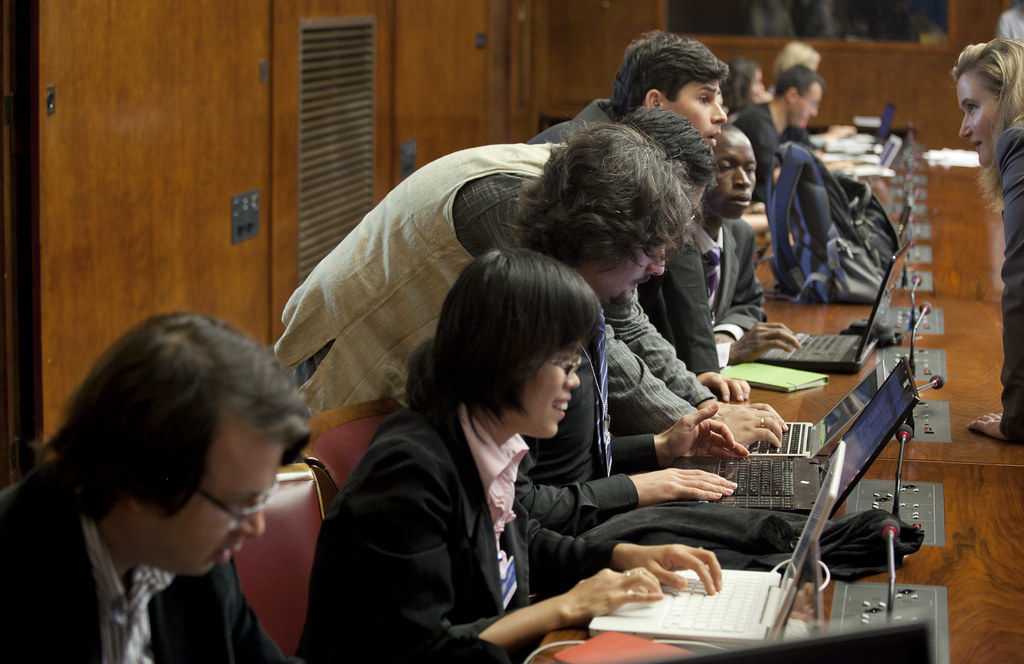Context:
The Bombay High Court emphasized the need to balance freTachyonsedom of the press with the right to reputation.
Key Highlights:
- The Bombay High Court directed a journalist to take down social media posts, which were prima facie found “defamatory”, after a businessman filed a defamation suit against him.
- The court stated that the journalist’s actions did not constitute investigative journalism in the interest of the public and did not enjoy special protection.
- The court noted that the journalist’s actions amounted to a classic case of investigative journalism where false, derogatory, and misleading information was published.
Freedom of the Press:
- Freedom of the press is a basic right that allows journalists and media organizations to gather, publish, and share information without undue government control.
- This right, protected under Article 19(1) of the Indian Constitution, includes expressing opinions through various mediums like speech, writing, printing, or media.
- However, this right isn’t absolute. The government can impose reasonable restrictions in cases concerning national sovereignty, security, foreign relations, public order, decency, morality, contempt of court, defamation, and incitement to offense.
India’s Press Freedom Ranking:
India’s press freedom ranking has been concerning. According to Reporters Without Borders (RSF), in their 2023 World Press Freedom Index, India was ranked 161st out of 180 countries, indicating a “very serious” situation for journalists. This is a significant drop from its 150th place in 2022.
Defamation:
- Defamation is a criminal offence in India and is covered under Section 499 of the Indian Penal Code.
- Defamation is defined as any act of making or publishing any statement, sign, or visible representation that harms the reputation of a person.
- This includes statements that are spoken, written, or intended to be read. The person making such statements must either intend to harm the reputation of the person or must know or have reason to believe that such statements will harm their reputation, unless there are exceptions.
Balancing the right to reputation (Article 21) with the right to freedom of expression (Article 19(1)) is crucial.
- In the case of Kaushal Kishor v. State of Uttar Pradesh, the Indian Supreme Court has undertaken the task of reconciling two fundamental rights that may potentially conflict with each other. The rights in question are Article 19(1)(a) and Article 21, or any unenumerated right falling under Article 21.
- Both rights are essential for protecting one’s reputation and expressing opinions while restraining those who harm others’ reputations.
- The Supreme Court has affirmed that the right to reputation is protected under Article 21, safeguarding life and personal liberty against state interference.
- While emphasizing the importance of free speech, the court also stressed the need to balance it with the right to reputation. The court warned against using free speech to harm others’ reputations, stating that it threatens constitutional rights.
- Overall, the Supreme Court’s stance on defamation laws reflects a historical ambivalence towards freedom of speech, treating it more as a nuisance than a right, according to some observers.

